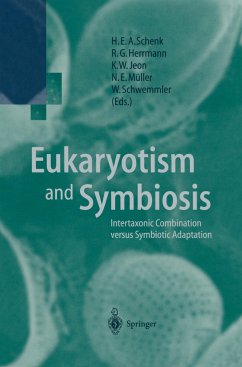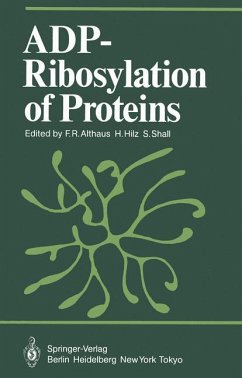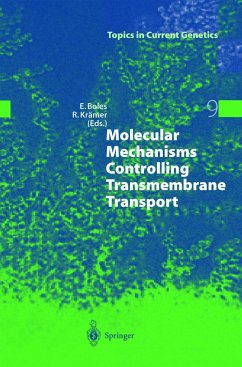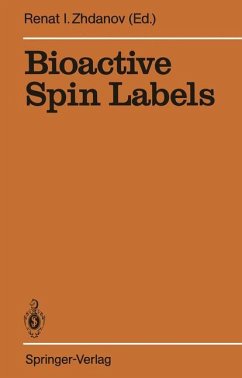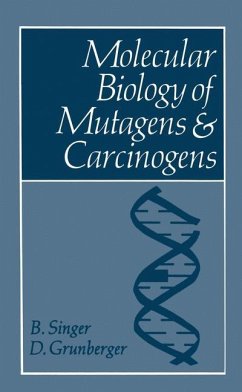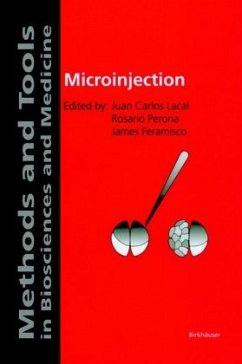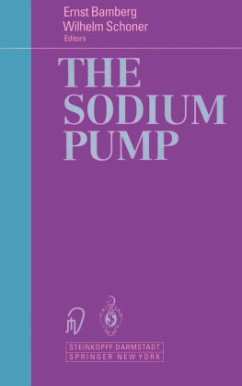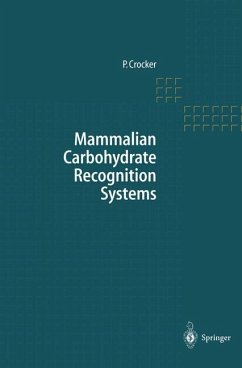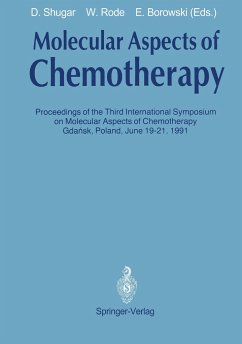
Molecular Aspects of Chemotherapy
Proceedings of the Third International Symposium on Molecular Aspects of Chemotherapy Gda¿sk, Poland June 19-21, 1991
Herausgegeben: Shugar, David; Rode, Wojciech; Borowski, Edward

PAYBACK Punkte
19 °P sammeln!
While serendipity and random screening continue to fulfil a significant role in the search for new drugs, current remarkable advances in molecular biology and genetics are dictating to a profound extent the approaches employed in their development. Increasing attention is being devoted to investigations of the mechanisms of action of existing drugs, and the sources of undesired side effects, at the molecular level. The information so derived is now extensively applied, with the aid of broad inter disciplinary approaches, both theoretical and experimental, to improvements in existing drugs, and...
While serendipity and random screening continue to fulfil a significant role in the search for new drugs, current remarkable advances in molecular biology and genetics are dictating to a profound extent the approaches employed in their development. Increasing attention is being devoted to investigations of the mechanisms of action of existing drugs, and the sources of undesired side effects, at the molecular level. The information so derived is now extensively applied, with the aid of broad inter disciplinary approaches, both theoretical and experimental, to improvements in existing drugs, and the rational design of new ones. The foregoing comprised the subject matter of the 3rd Inter national Symposium on "Molecular Aspects of Chemotherapy", under the auspices of the International Society of Chemotherapy, and organized by the Committee on Drug Research, Polish Academy of Sciences, and the Department of Biotechnology and Biochemistry, Technical University of Gdansk. This volume includes the texts of the review lectures presented by invited participants on up-to-date achievements, and future perspectives, in molecular mechanisms of inhibition of cellular functions and metabolism, with emphasis on the design and mechanisms of action of chemotherapeutic agents for treatment of bacterial, neoplastic, viral and parasitic diseases. From the Contents, it will be seen that the range of disciplines represented was a broad one, including theoretical and experimental chemists, physicists, molecular biologists, biochemists, enzymologists, virologists, tumour biologists. Plenary sessions were supple mented by several poster sessions.





